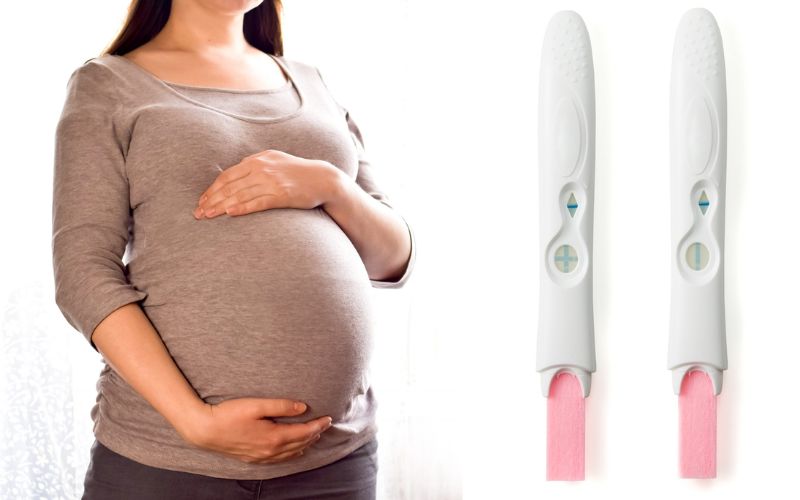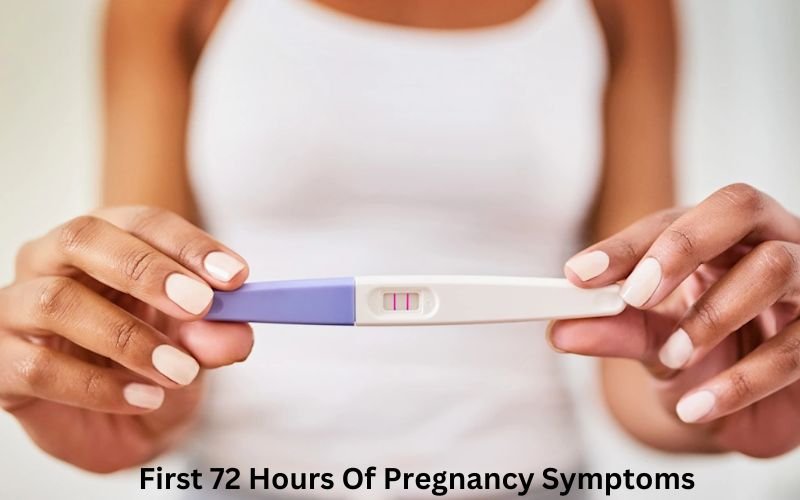One way to find out if you’re pregnant is to take a pregnancy test. You are pregnant if the results of your pregnancy test are positive. You are not pregnant if the test results are negative. Human chorionic gonadotropin (HCG), a hormone your body produces when you’re pregnant, is what pregnancy tests look for. Along with a home pregnancy test, you’ll frequently take a urine test. There are several price points and over-the-counter options for this kind of test.
Urine Pregnancy Tests
When administered properly, pregnancy tests have a very high accuracy rate. Pregnancy tests purchased at pharmacies are 99 percent accurate. They are equally accurate to a pregnancy test that can be obtained from a doctor’s office using pee.
The way pregnancy tests operate is by looking for a hormone called human chorionic gonadotropin (HCG) in your urine. This hormone is only produced by your body during pregnancy. When a fertilized egg adheres to the lining of your uterus, a pregnancy is declared and HCG is released. You are pregnant if the results of your pregnancy test are positive. In the event that they are negative, you are not pregnant.
How Long to Hold Urine for Pregnancy Test
The hCG levels in your urine are measured by urine tests, and they increase quickly in the first few weeks of pregnancy, usually doubling every 48 hours. The longer you are pregnant, the more it rises, which makes it easier for the test to detect the hormone as each week goes by. Pregnancy tests vary in their sensitivity, so it depends on the test how early hCG can be found in urine.
The quantity of fluid you drink or how frequently you urinate can also affect the amount of hCG in a urine sample. Even though it indicates adequate hydration, light or clear urine tends to be less concentrated and may not produce a clear result on a home pregnancy test. A more readable reading could result from darker urine.
Naturally, urine tests that can be done at home are a handy choice if you suspect you may be pregnant. You can get an analog or digital version of them at your neighborhood drugstore or grocery store for as little as a few dollars.
See also: Faint Positive Pregnancy Test: Are You Truly Pregnant?
Although digital tests are typically more costly, they aren’t always more precise. Nevertheless, they will provide you with a clear response, indicating in writing whether you are “pregnant” or “not,” as opposed to, say, lines or color changes that could make you wonder if you are seeing things correctly.
False Positive Urine Pregnancy Test
At-home pregnancy tests seldom result in false positives, which occur when you’re not genuinely expecting. If you have recently had an abortion, miscarried, or taken medication containing hCG, HCG may be visible in your urine.
Testing prior to missing your period could have detected a chemical pregnancy, which occurs when an implanted fertilized egg stops developing and the placenta releases hCG. In this scenario, your menstruation will arrive in a few days at most. Inaccurate test results can also be caused by menopause and ovarian disorders.
Women who test at the incorrect time of their cycle or those with irregular cycles may also receive false positive results from urine tests. Because hCG and LH have similar chemical properties, testing during ovulation may cause your result to be falsely positive.
Conclusion
An hCG urine test can be performed at home using a home pregnancy test or at your doctor’s office. Urine specimen collection will be necessary for both. The hCG urine test your doctor performs and the one you do at home are the same. Both are equally capable of identifying hCG in your urine.
Similar steps are taken to ensure accurate testing in the majority of hCG urine tests available for purchase for home use. After you miss your first period, wait one to two weeks. We understand that patience is difficult! However, the most accurate results will be obtained if you can wait. Miscalculations of the due date of a period or irregular periods may impact your score.





